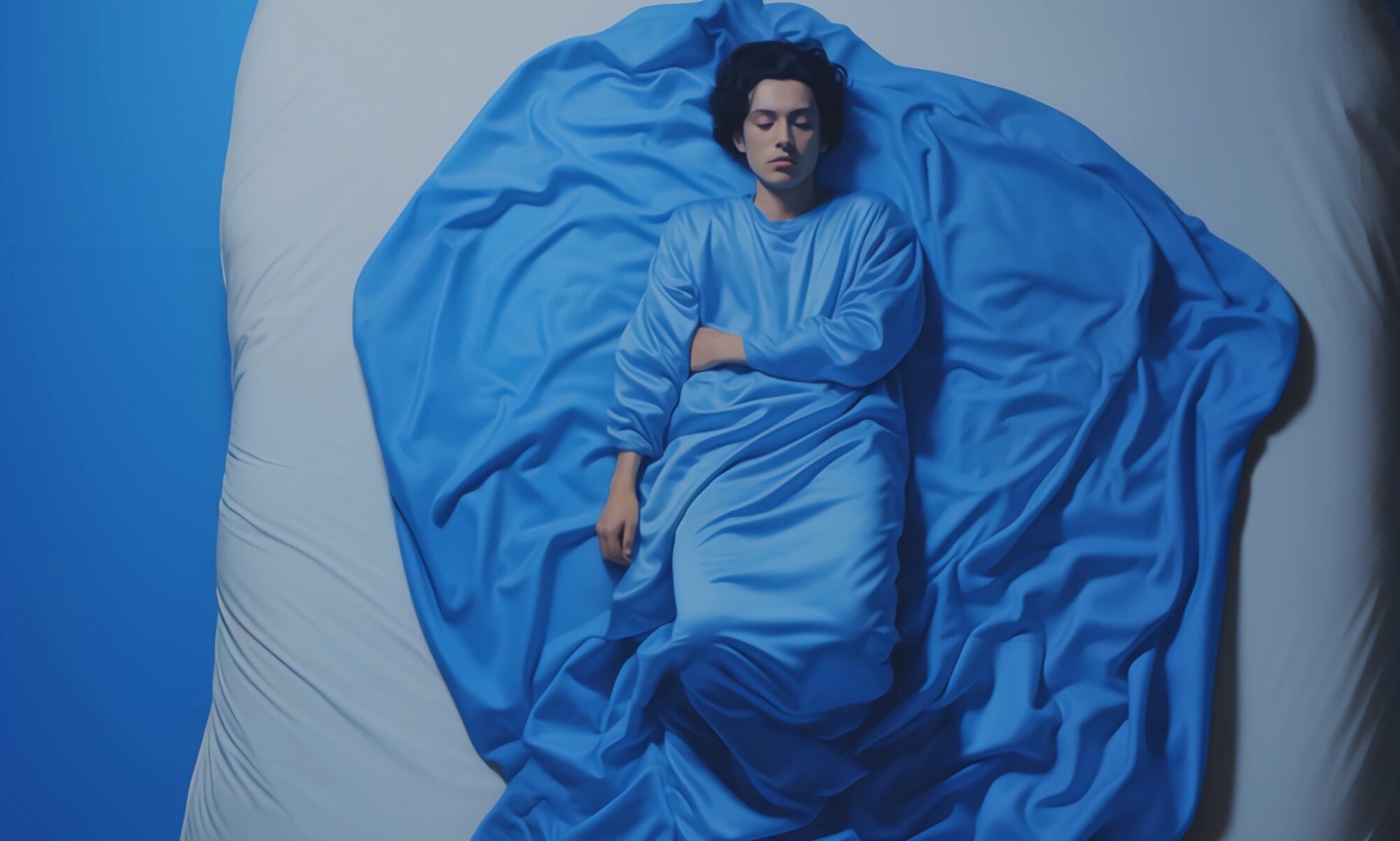Melatonin, a naturally occurring hormone synthesised primarily in the pineal gland, plays a crucial role in regulating human circadian rhythms, commonly referred to as the sleep-wake cycle. While its supplementation is increasingly popular among adults struggling with sleep disorders, its use in minors (children and adolescents) remains a subject of caution and medical debate.
The Unique Physiology of Minors: The physiological makeup of minors, especially adolescents, is in a state of constant flux. The hormonal changes and developmental processes unique to this age group significantly influence their sleep patterns. Unlike adults, whose circadian rhythms have stabilised, minors experience shifts in their internal clocks, especially during puberty. These shifts often lead to naturally later sleep and wake times, a phenomenon known as ‘sleep phase delay.’
Melatonin in the Developing Body: In minors, the endogenous production of melatonin is typically sufficient and closely tied to their developmental needs. Supplementing with exogenous melatonin can disrupt this delicate balance. It can potentially alter the natural sleep-wake cycle, leading to dependencies or irregularities in sleep patterns. The long-term effects of melatonin supplementation in the developing body are not fully understood, necessitating a cautious approach.
Potential Side Effects and Concerns: Research indicates potential side effects of melatonin use in minors, including morning grogginess, headaches, dizziness, and mood swings. There is also a concern about the dosage, as the lack of standardisation in supplements could lead to inadvertent overdosing. These risks underscore the importance of consulting healthcare professionals before considering melatonin for sleep issues in minors.
Alternatives to Melatonin: For minors experiencing sleep disturbances, non-pharmacological interventions are often recommended. These include maintaining a regular sleep schedule, creating a conducive sleep environment, limiting screen time before bed, and encouraging relaxing pre-sleep routines. In cases where sleep issues persist, professional medical advice should be sought to explore underlying causes and appropriate treatments.
While melatonin has its place in managing sleep disorders, its use in minors should be approached with caution. Understanding the unique physiological and developmental aspects of this age group is crucial in ensuring their health and well-being. As with any medical intervention, the guiding principle should always be ‘primum non nocere’ – first, do no harm.

